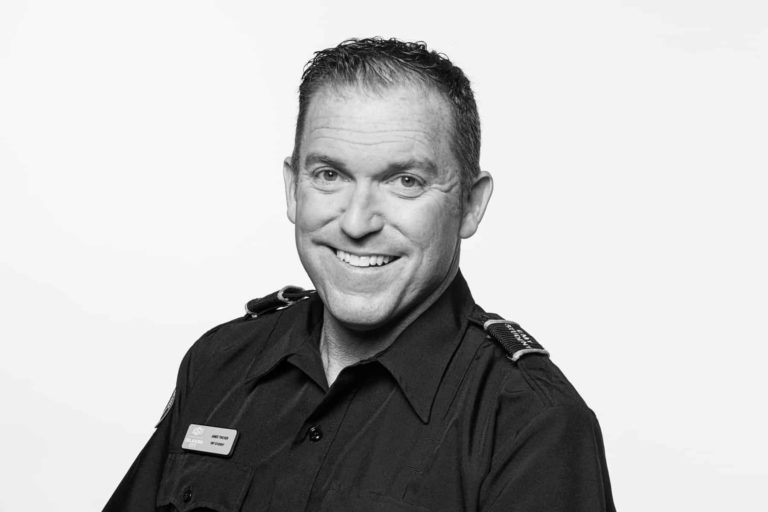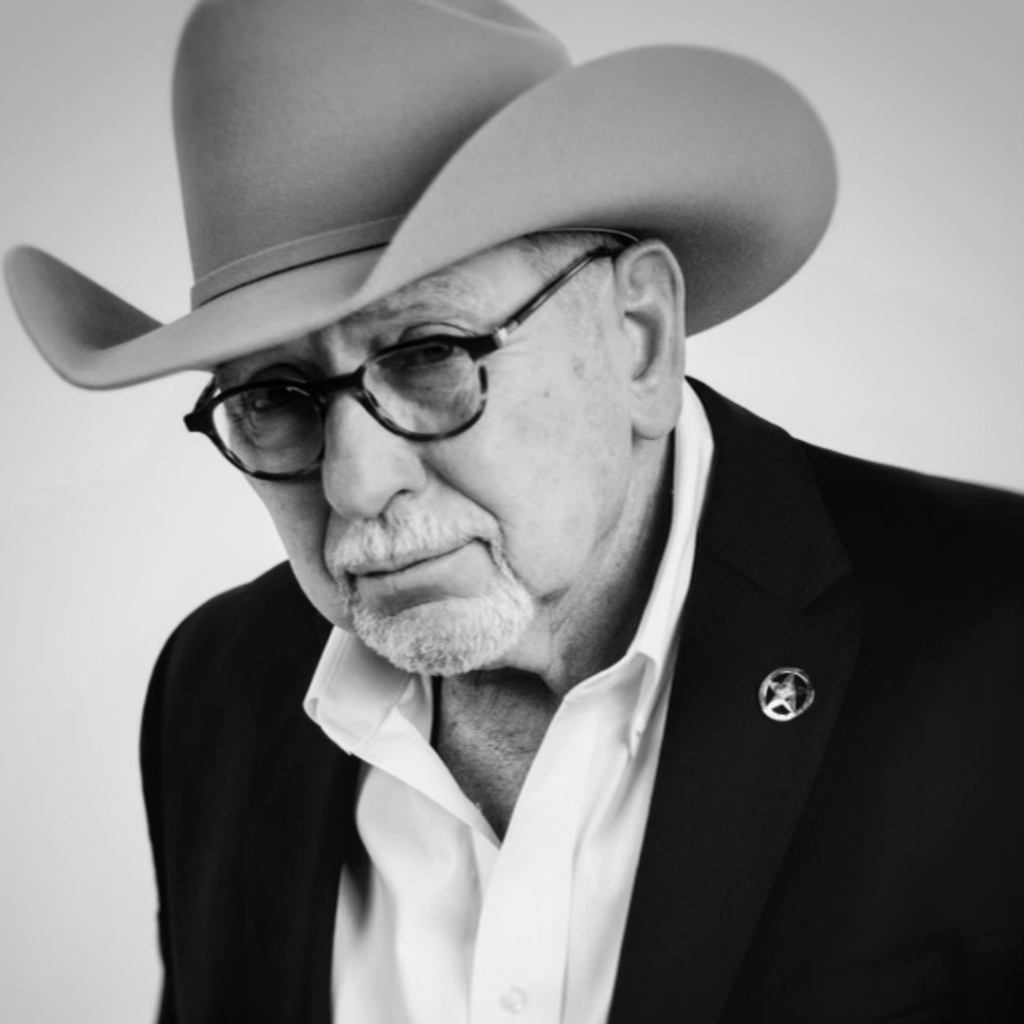A cancer diagnosis is one of those stop-you-in-your-tracks moments that can completely turn your life upside down. What happens next? Who do I talk to? How do I know I’m getting the best care? What about my family? My job?
It can all be overwhelming.
One of the most consistent pieces of advice former patients give is to be your own advocate. Make sure you are doing the research, talking to multiple doctors, exploring all options, and deciding on a treatment that you feel is best for you.
Jim Tincher knows first-hand what this is like. He was diagnosed with a brain tumor in 2019, almost by accident.

“I was standing outside one day – and the next thing I remember is waking up in the hospital. I had a seizure and blacked out completely, falling on my face on the concrete.”
Scans revealed a fairly aggressive brain tumor. Jim had surgery and then was told he needed radiation to follow. He relays the experience:
“When the first oncologist I met with recommended traditional radiation, I asked about proton therapy. He immediately discouraged it, but I felt strongly that I had to advocate for myself and my quality of life. Fortunately, I had a friend who worked at Oklahoma Proton Center, so I called, and she helped me get scheduled for an appointment.”
Ultimately Jim felt like proton therapy was the best option for him.
“After I met the people there and learned more about the treatment, I knew it was the right place. We’re talking about my brain here – so there was no question I wanted to go with the option that would most precisely treat the tumor and not harm healthy tissue. After completing my six weeks of proton therapy, there was no doubt I had made the right choice.”
Erin Hines also knows what it is like to advocate for yourself as a patient. She was diagnosed with breast cancer at the age of 40 in 2022. Her family was her motivation and support system during her cancer journey.
“I felt a genuine and honest desire to help me beat cancer so I could keep living and loving on our precious twin girls, husband, and family.”
After considering multiple options including traditional radiation, she decided on proton therapy as the best way to reduce potential long-term heart complications that can be caused by treatment.

“My time at the Oklahoma Proton Center wasn’t always easy, but it was ALWAYS the best and perfect place for me. I know we can do hard things and we can get through it.”
Some of the top oncologists in Oklahoma also recommend that patients explore all options before making a decision, especially when considering the long-term side effects associated with care. Dr. John Frame, a renowned breast surgeon in Tulsa who has treated thousands of patients, is one of these.
“The heart and lungs are at increased risk when radiation is also required for breast cancer. The ability to effectively deliver radiation to the designated tumor area while avoiding critical structures…becomes especially challenging when the disease is on the left side.”
For this reason, Dr. Frame would often suggest that patients consider proton therapy as an option even though it might require traveling from Tulsa to Oklahoma City for treatment.
“Most top cancer centers in the country, such as MD Anderson, Mayo Clinic, and Memorial Sloan Kettering routinely consider the use of protons to treat some (primarily left-side) breast cancers…I would strongly encourage any breast cancer patient to consider proton therapy as an option when radiation is required as part of the treatment regimen.”
Dr. John Chang is the Medical Director of Oklahoma Proton Center, one of just a handful of proton centers in the region. His philosophy as an oncologist is straightforward:
“When I meet with a patient, I have two objectives. Maximize cure and minimize the chance of side effects. Proton therapy, because it is such a targeted treatment is often the best way to accomplish this.”
But Dr. Chang wants patients to do their research:
“I always encourage patients to consider all options. In my consults, I present all options that could be considered standard of care and if we don’t offer a particular treatment at Oklahoma Proton Center, we will make sure that the patient finds a place to get the best care. We never assume there is a one size fits all approach to treating cancer.”
The Oklahoma Proton Center connects new patients with former patients who serve as advocates for those just starting on the journey. Bob Usry is one of those patients who helps new patients with questions. He knows all too well how overwhelming the process can be.

“When I was told that I had cancer, I was so confused about the treatment options. All my friends were giving recommendations on what treatment I should have, and all it did was confuse me more.”
With so many options, Bob’s choice was challenging, and he had to take practical considerations into his decision.
“The Proton Center is about 30-plus miles from my home. I did not want to drive back and forth five days a week for forty treatments to complete my treatment. I went for my consultation, and realized that this was the place where God wanted me to be…”
While Bob may have selected proton therapy, his most important message is to advocate for yourself:
“Patients should ask questions. Talk to multiple doctors. Do their own research. Talk to other patients. This can be a life-and-death decision. It’s important to take your time and make the best decision for you.”
If you or a loved one has been diagnosed with cancer and you have questions don’t hesitate to reach out to the advocates at Oklahoma Proton Center who can help you with your journey.
